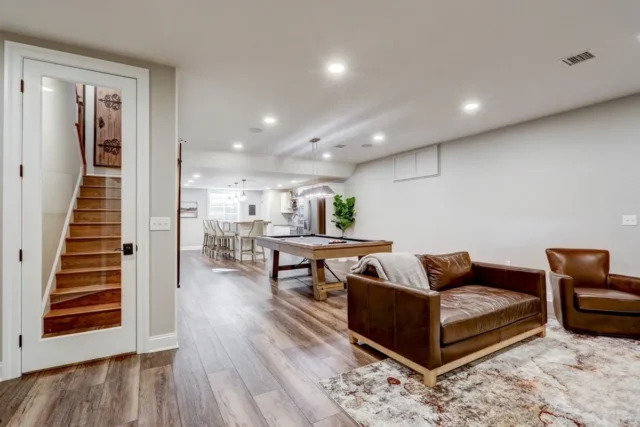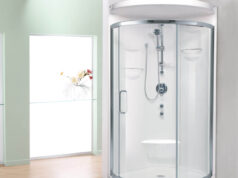Waterproofing your basement isn’t just a precautionary measure—it’s a necessity if you want to avoid serious damage and long-term problems. Ignoring moisture in your lower level can lead to a host of issues, from structural damage to unhealthy living conditions.
If you’re dealing with damp walls, puddles, or even just that musty smell, now is the time to take action.
Failing to address the problem could mean living with mold, mildew, and potentially expensive repairs down the road. Here’s why basement waterproofing is crucial and why delaying it can result in some unpleasant consequences.
Why is moisture in your basement dangerous?
The presence of moisture in a home’s lower level isn’t just an inconvenience—it’s a warning sign of bigger issues. Water buildup can compromise the structural integrity of your home. Over time, moisture can seep into the foundation, weakening the walls and creating cracks. These structural issues don’t just threaten your basement; they can eventually lead to problems in other areas of your home.
But that’s not all. Where there’s moisture, there’s often mold, and mold can lead to serious health issues for anyone living in the home, causing respiratory problems and aggravating allergies.
Beyond the health and structural risks, the damage caused by water can also hurt your wallet. The longer you wait to waterproof your basement, the worse the damage becomes. Small problems quickly escalate, and what might have been a simple fix could turn into an expensive repair or renovation.
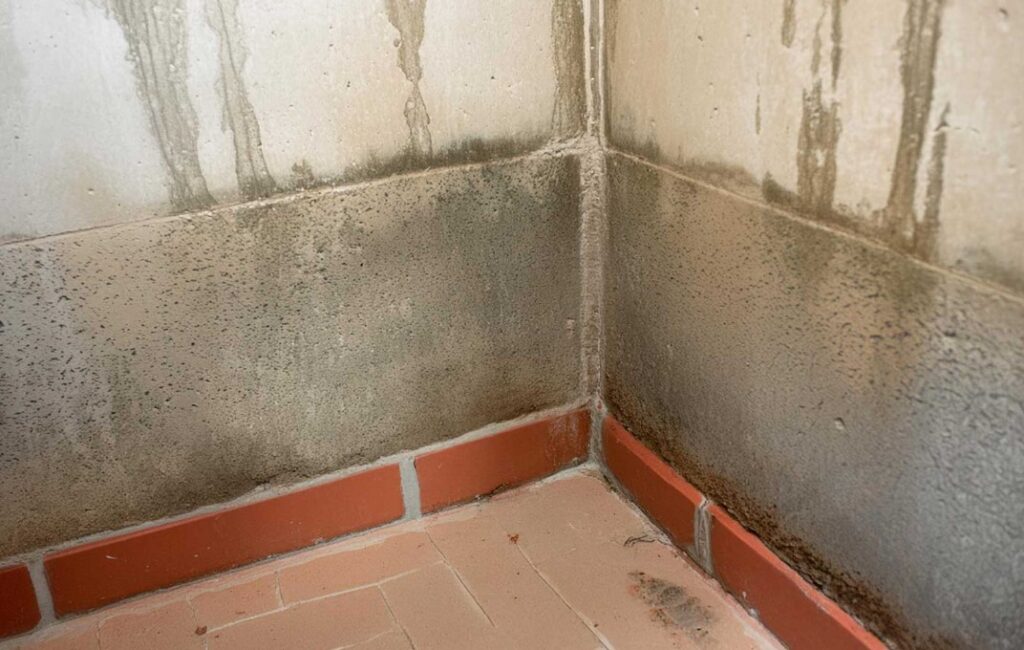
How does waterproofing protect against mold?
When you learn more about the whole process, you will see that waterproofing is the most effective way to prevent mold from taking hold in your home’s lower level. Mold thrives in dark, damp environments—exactly the conditions found in a basement that hasn’t been properly sealed. Once mold starts growing, it spreads quickly and becomes difficult to remove. Not only does it damage the surfaces it grows on, but it also releases spores into the air, which can affect the health of everyone in the house.
By waterproofing your basement, you eliminate the conditions that allow mold to grow in the first place. Waterproofing solutions, such as applying sealants or installing drainage systems, keep moisture out and create a dry environment where mold simply can’t survive. A dry basement is not only safer but also more comfortable to use for storage or living space.
Why is waterproofing an investment in your home’s future?
Waterproofing is more than just a repair—it’s an investment in your property’s long-term health. When you waterproof your basement, you’re protecting the very foundation of your home. As water is kept out, the foundation remains strong, preventing cracks and structural failures that can be costly to repair. Additionally, a dry basement increases the value of your home, making it more appealing to potential buyers should you decide to sell.
Many homeowners choose to convert their basements into functional spaces, such as a guest room, office, or play area. But if the area isn’t waterproofed, it’s risky to invest in renovations. Waterproofing ensures that your lower level stays dry and secure, no matter how you use it. When you factor in the protection, increased property value, and the potential to safely expand your living space, waterproofing becomes a smart financial decision.
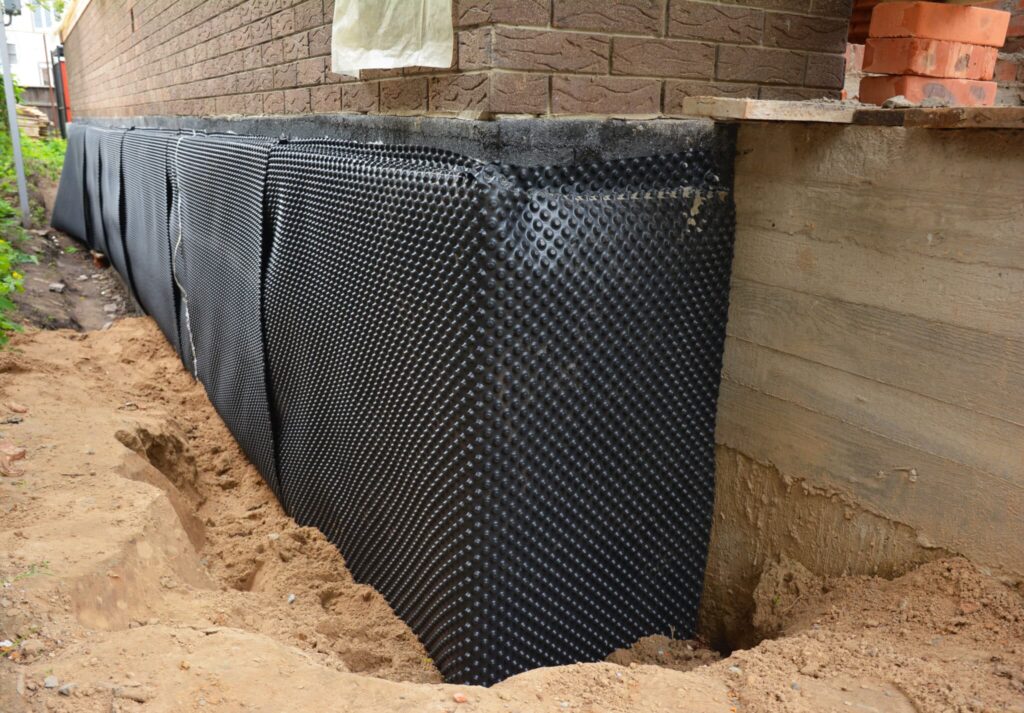
Should you hire a professional for basement waterproofing?
While there are do-it-yourself solutions for minor moisture problems, hiring a professional to waterproof your basement is often the best approach. Experts can identify the exact source of the water problem and recommend the most effective solution. This might include installing interior drainage systems, applying waterproof coatings, or even addressing exterior issues like grading and gutters.
Professional waterproofing services offer long-term protection that DIY solutions might not provide. While it may seem more expensive upfront, professional work ensures the job is done right and gives you peace of mind that your basement will remain dry for years to come.
Additionally, many waterproofing companies offer warranties on their services, so you’re covered if any issues arise later.
What are the signs your basement may need re-waterproofing?
Even after you’ve waterproofed your basement, it’s important to stay vigilant for signs that may indicate it’s time for re-waterproofing. If you notice new cracks in the walls or floor, damp spots appearing on previously dry surfaces, or the return of that musty smell, moisture may be seeping in again.
Persistent condensation on windows or increased humidity levels in the lower level are also red flags. Over time, waterproofing systems can wear down, and external factors like changes in soil or heavy rainfall can contribute to the breakdown of your initial waterproofing solution.
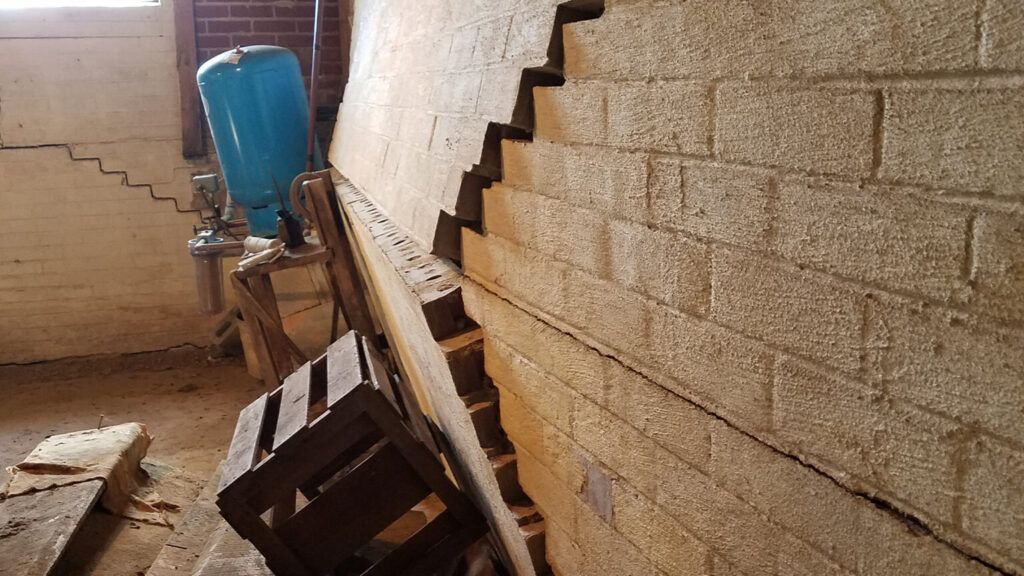
Can waterproofing save you money in the long run?
Though it may seem like a significant upfront cost, waterproofing your basement can save you money over time. By addressing moisture issues before they become serious, you prevent costly repairs to the foundation and other areas of the home. Water damage can lead to the replacement of floors, walls, and even electrical systems—all of which can be avoided with proper waterproofing.
Moreover, mold removal is an expensive process, especially if it spreads throughout your home. Once mold takes hold, professional remediation services may be required to get rid of it, which can be costly. Investing in waterproofing now means avoiding these expensive problems in the future and protecting your home’s value.
How can you prevent future water problems?
After your basement is successfully waterproofed, maintaining a dry environment requires ongoing care and attention. Regularly inspect your home’s exterior, especially the drainage system, to ensure that water is directed away from your foundation.
Clear gutters and downspouts to prevent water buildup, and check the grading around your home to confirm that it slopes away from the structure. Inside, consider installing a dehumidifier to control moisture levels, particularly in humid climates.
The dangers of ignoring moisture in your basement are clear: from structural damage to health risks, the consequences of leaving water issues unaddressed can be severe. Waterproofing your basement is the best way to prevent mold, protect your home’s foundation, and save money on future repairs. Don’t wait for the problem to worsen—take action now to safeguard your home and enjoy the peace of mind that comes with a dry, healthy living environment. It’s an investment in your home’s future that you won’t regret.

